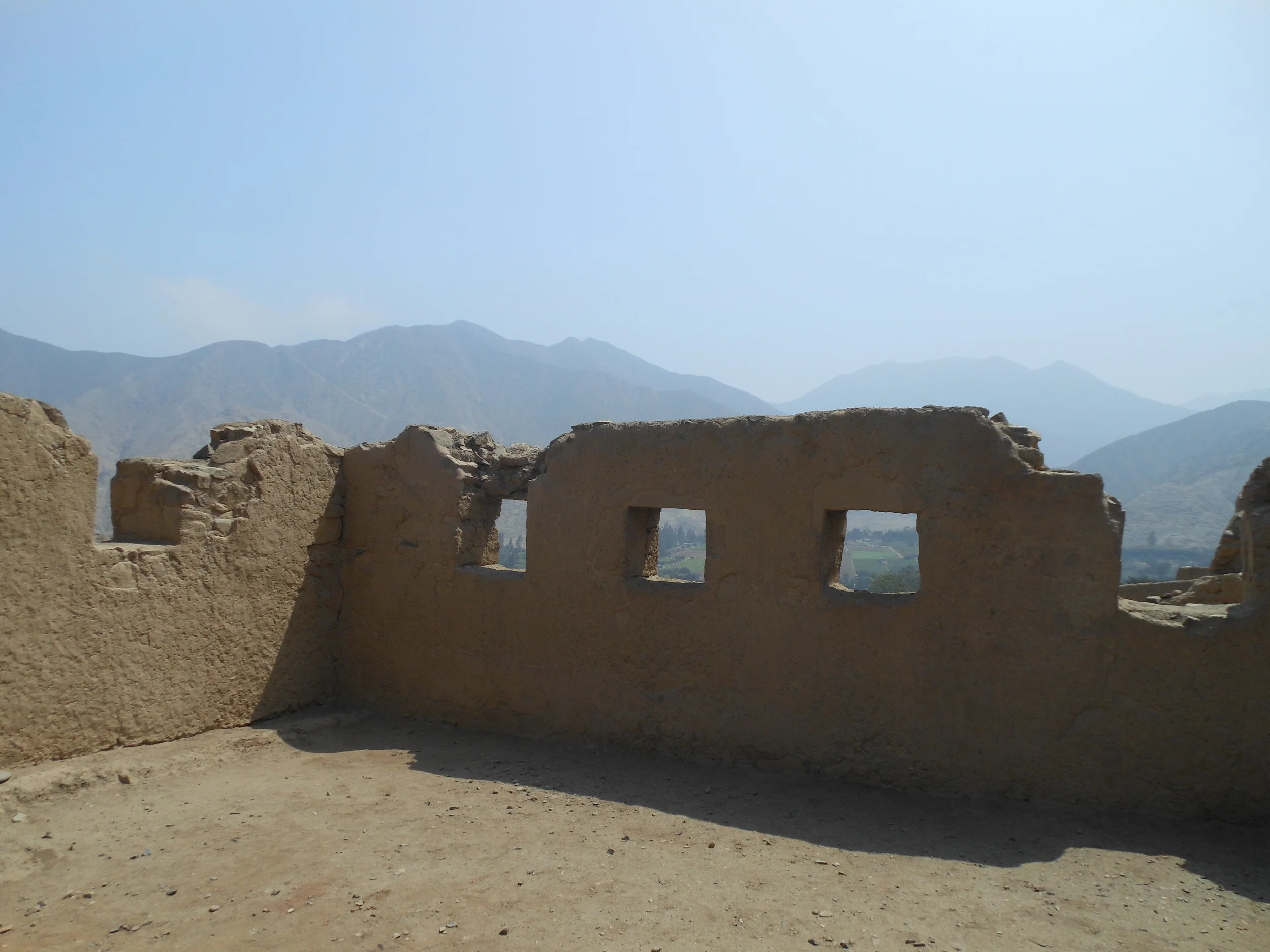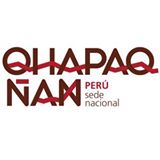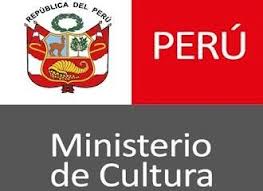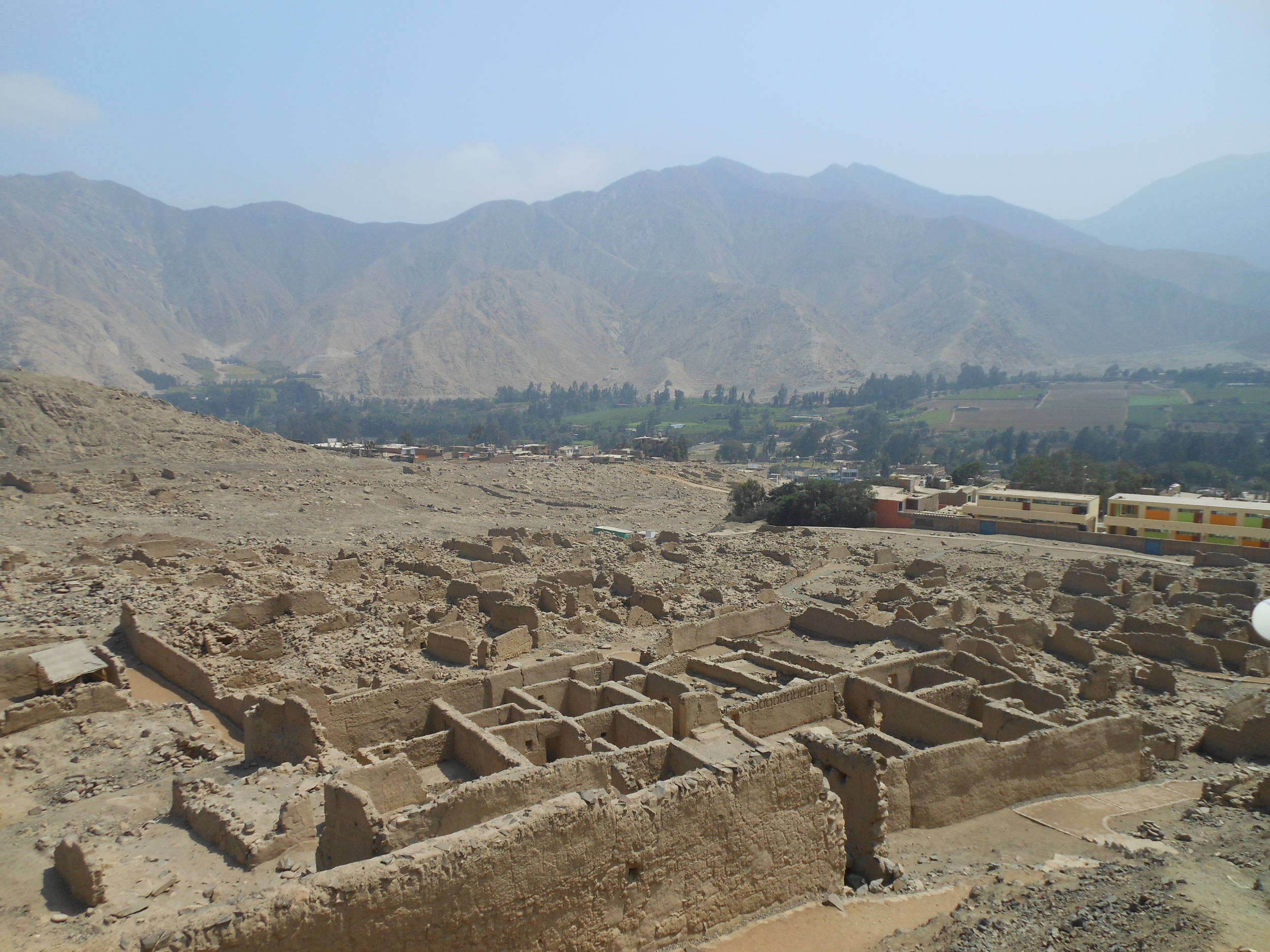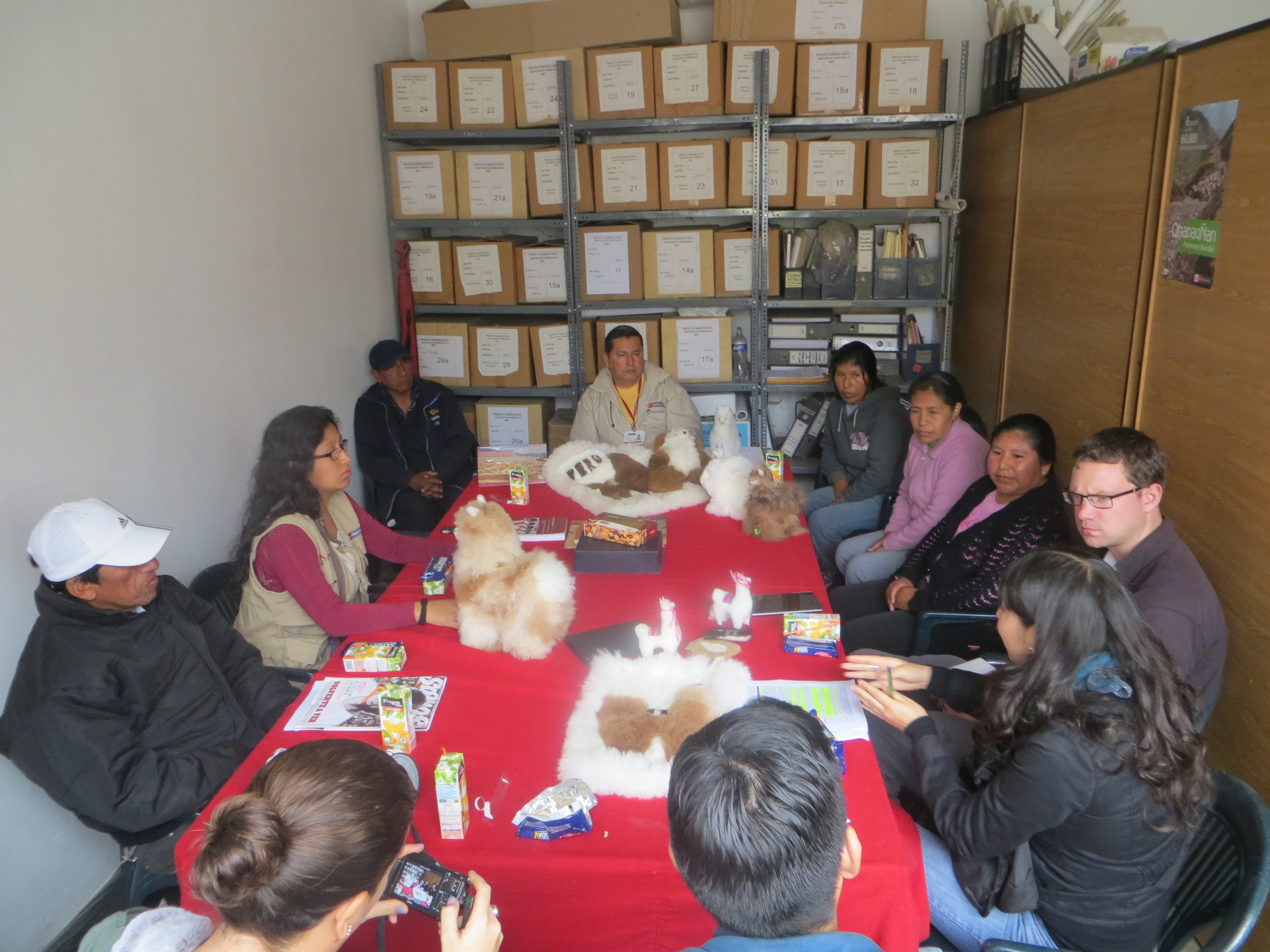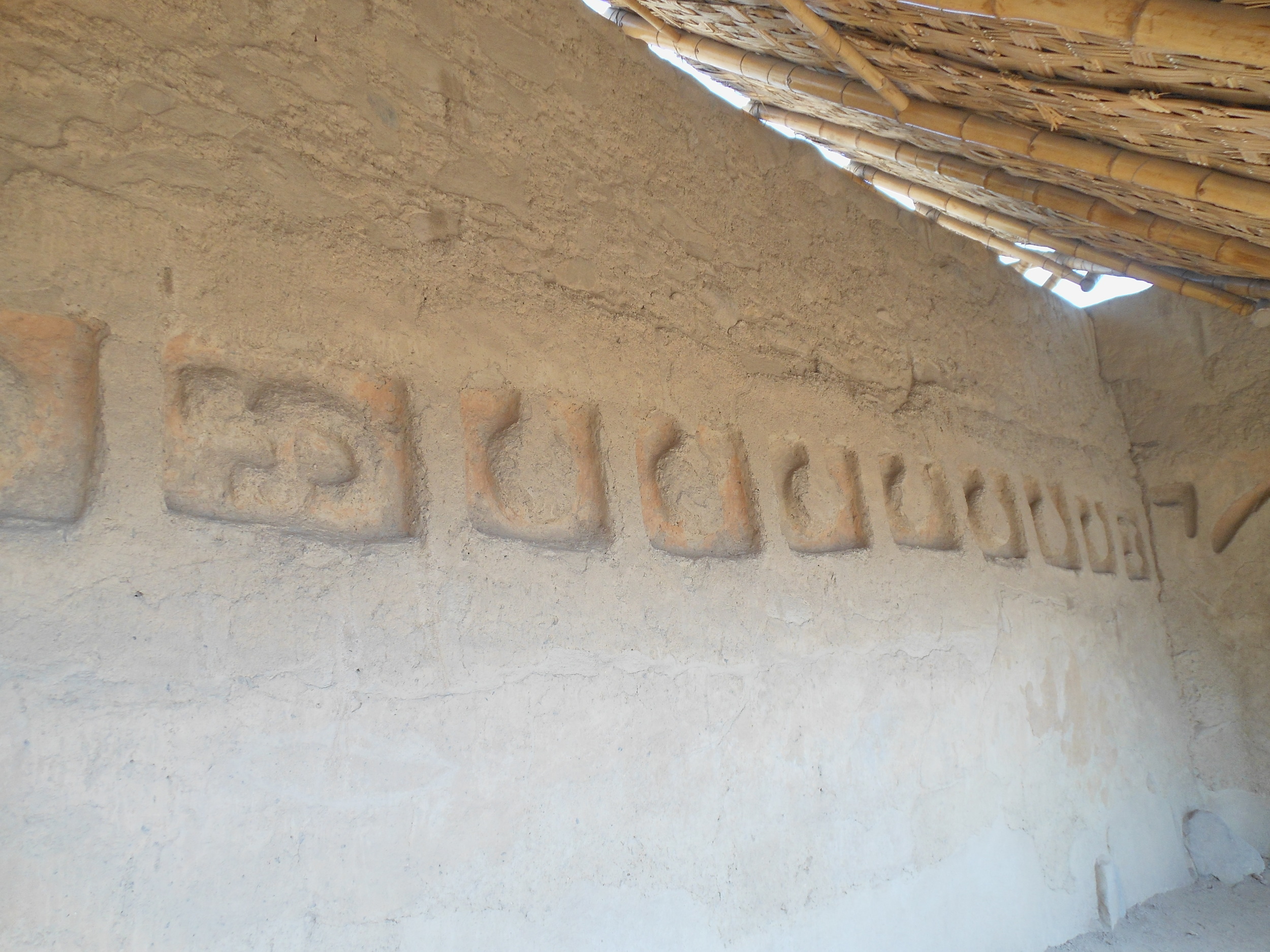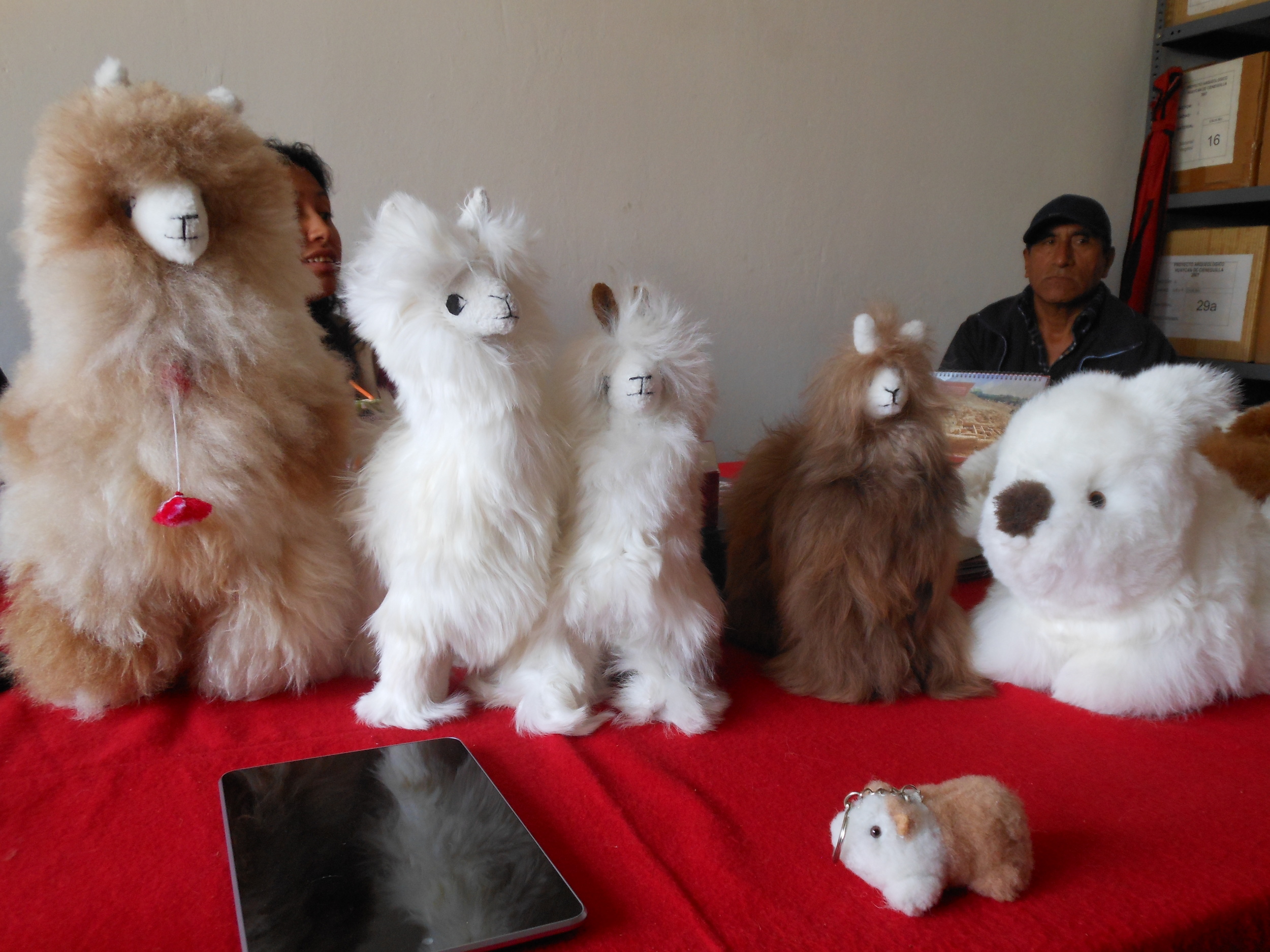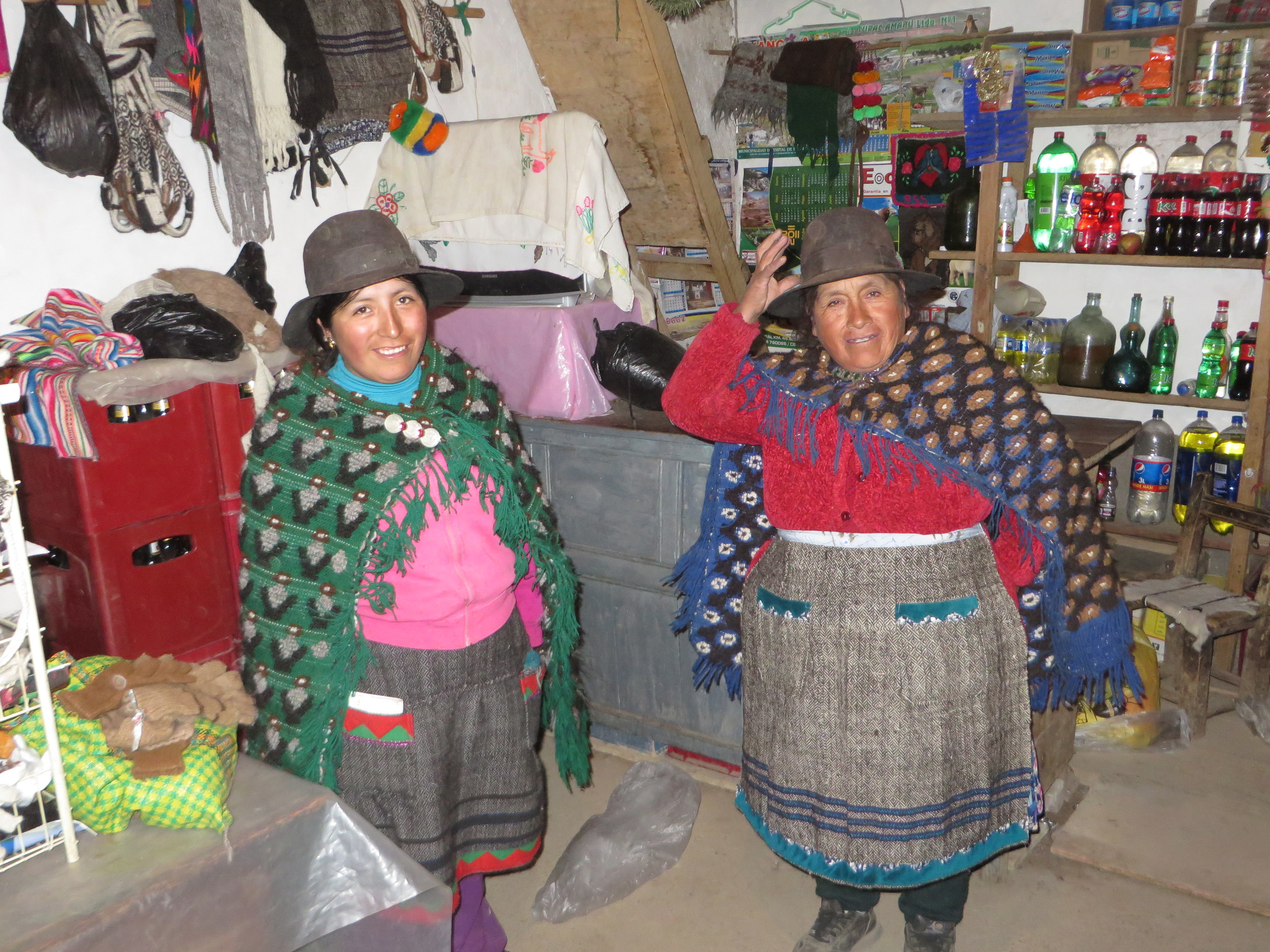Beginning in 2015, SPI and the Peruvian Ministry of Culture signed a public/private partnership to take SPI's approach to site preservation and community development nationwide. This collaboration is based on SPI's excellent track record in its existing projects, and through this partnership our approach will reach many more vulnerable sites and communities.
Initially this partnership focuses on bringing SPI projects to communities living along the Inca Road (Qhapaq Ñan) system, named a World Heritage site by UNESCO in 2014, which covers 30,000km of roads across six countries. Peru's approach to the nomination and management of the Qhapaq Ñan has had a focus on communities and what the sites can bring to their lives. As a result SPI makes a perfect partner for this endeavor. Working on such a scale will allow SPI and Peru to empowered entrepreneurs, bring jobs, alleviate poverty and preserve the past throughout the country. You can read more about the Qhapaq Ñan here, or follow the heritage management project on facebook.
Work under the partnership has begun at the site of Huaycán de Cieneguilla, a major Inca urban center and one of the most important in the Lurin Valley, just south of Peru's capital, Lima. The local population contain a variety of craft associations which are highly skilled but lack capacity, access to markets and a differentiated product. These artisans are part of a community which live up against the archaeological site and often have to travel through it, causing damage. SPI is working with this community to develop their businesses, use the archaeological site to brand and develop their products, assess new markets and preserve the archaeological site.

